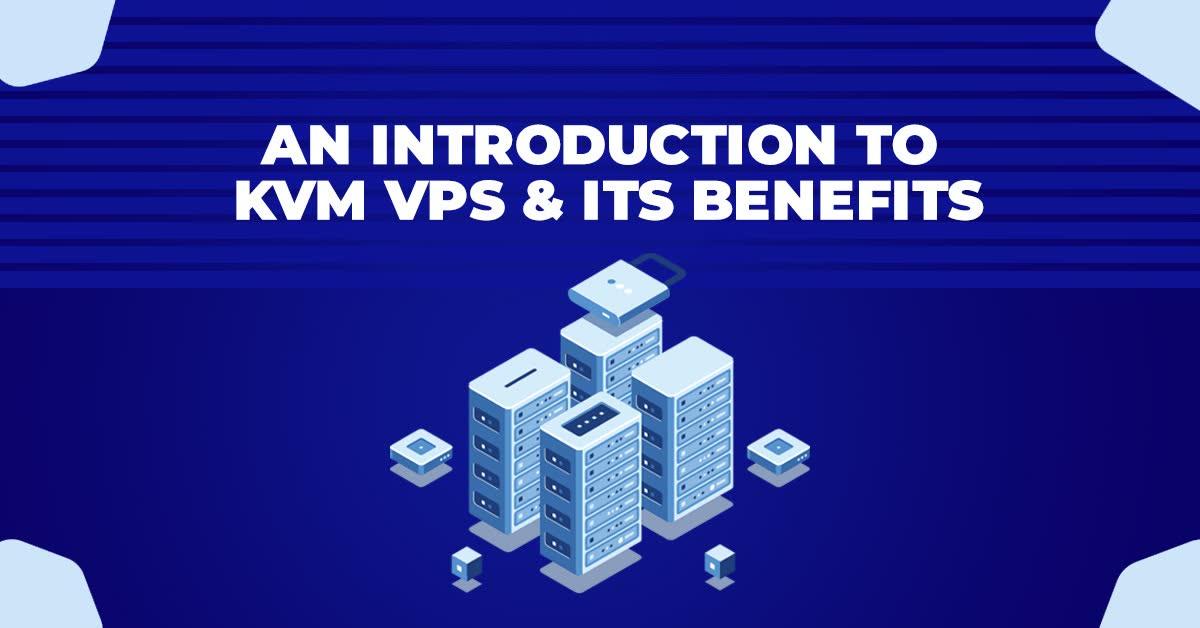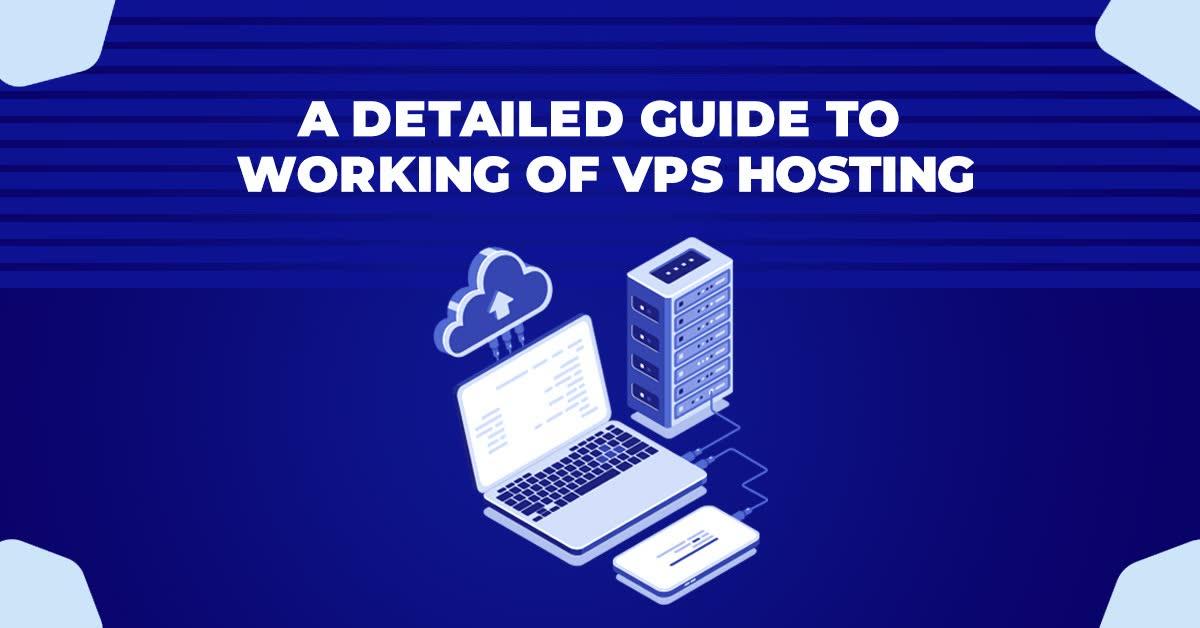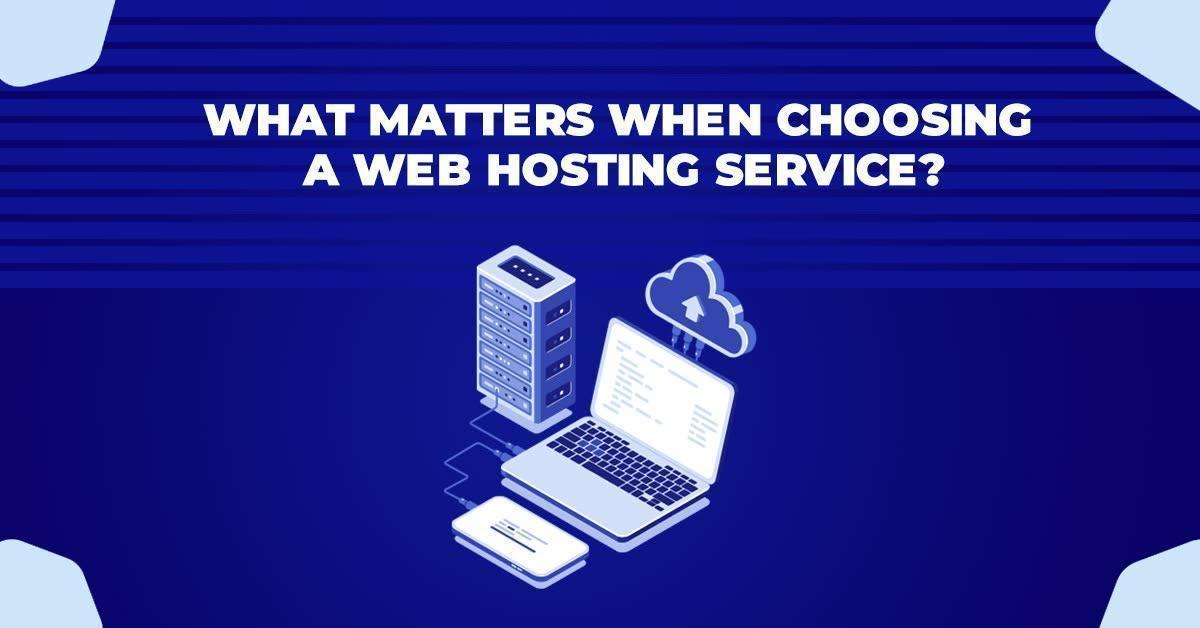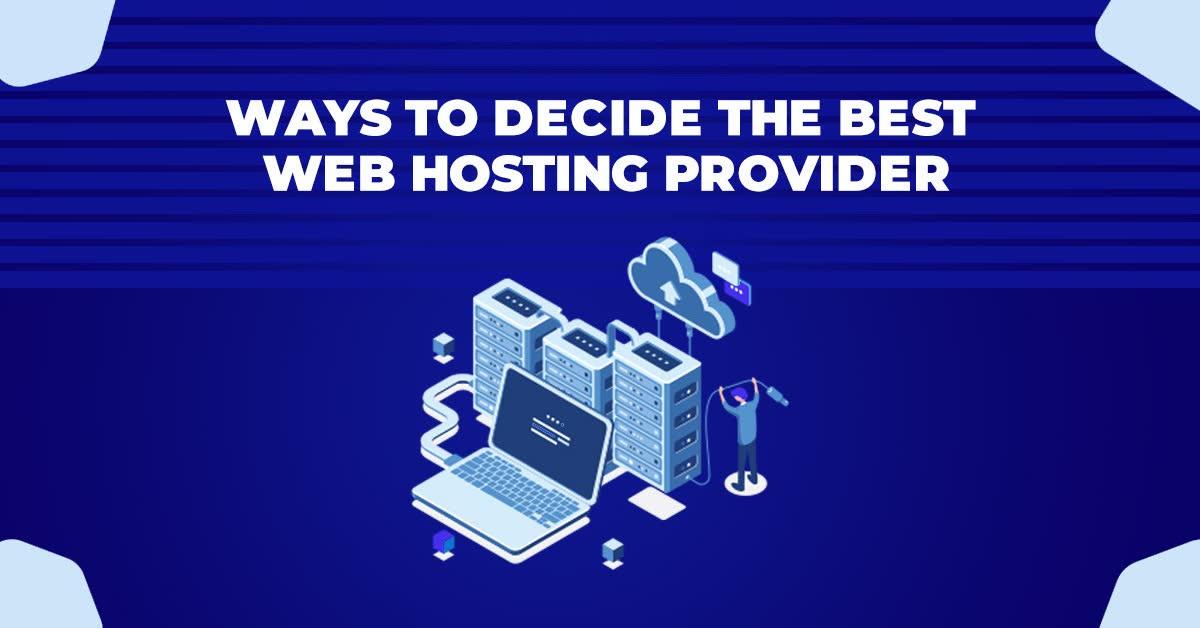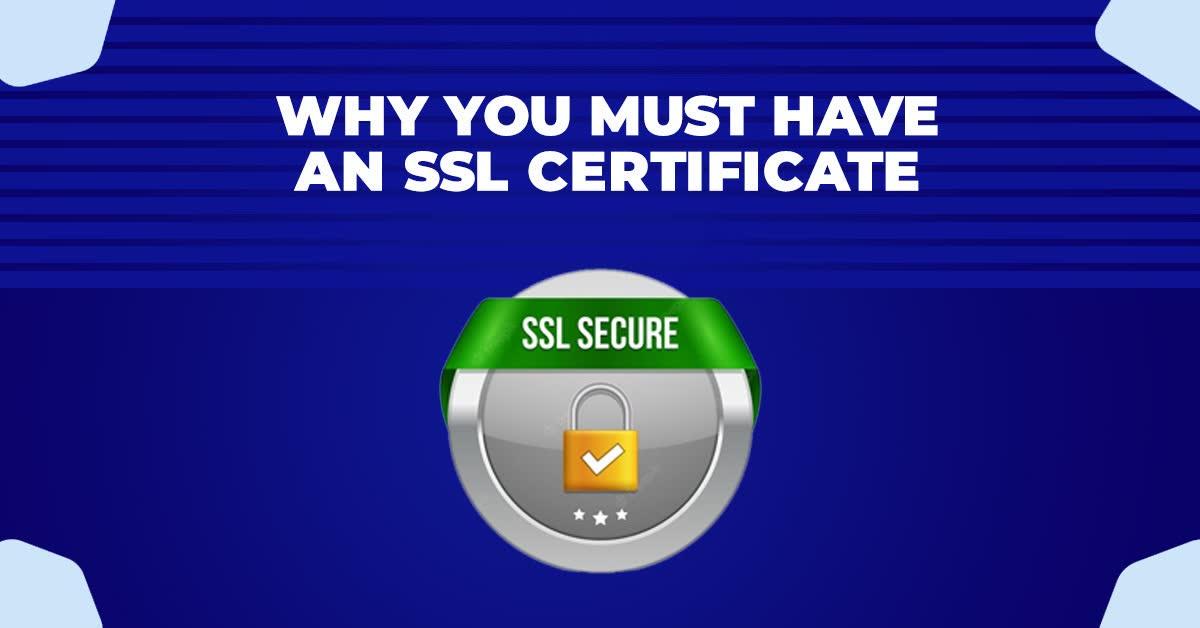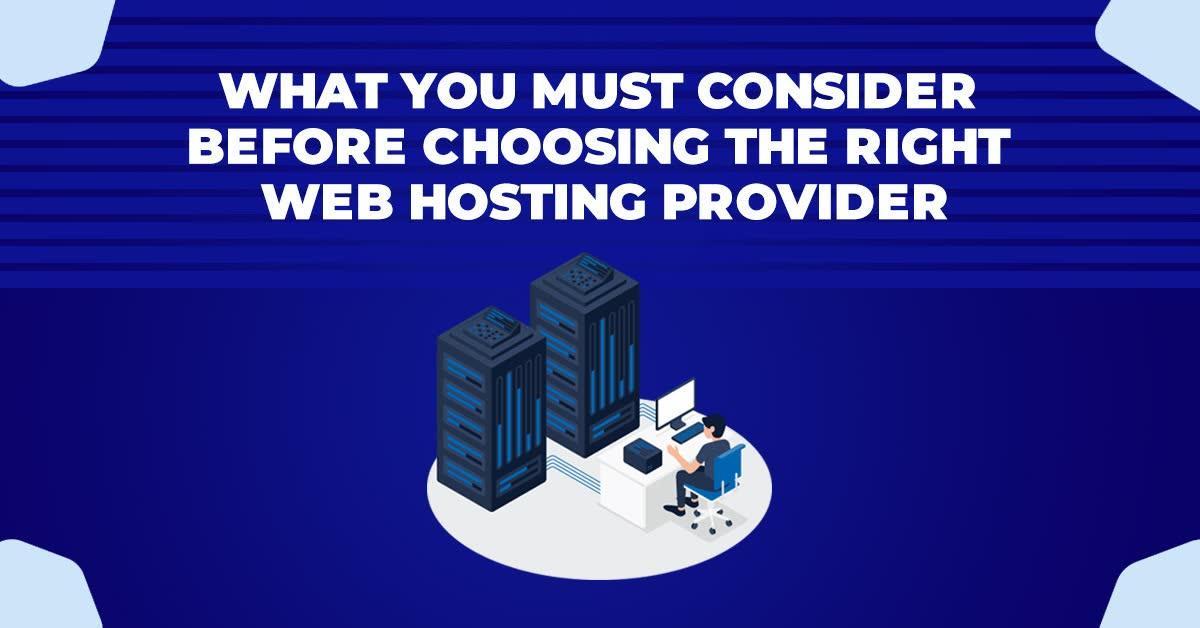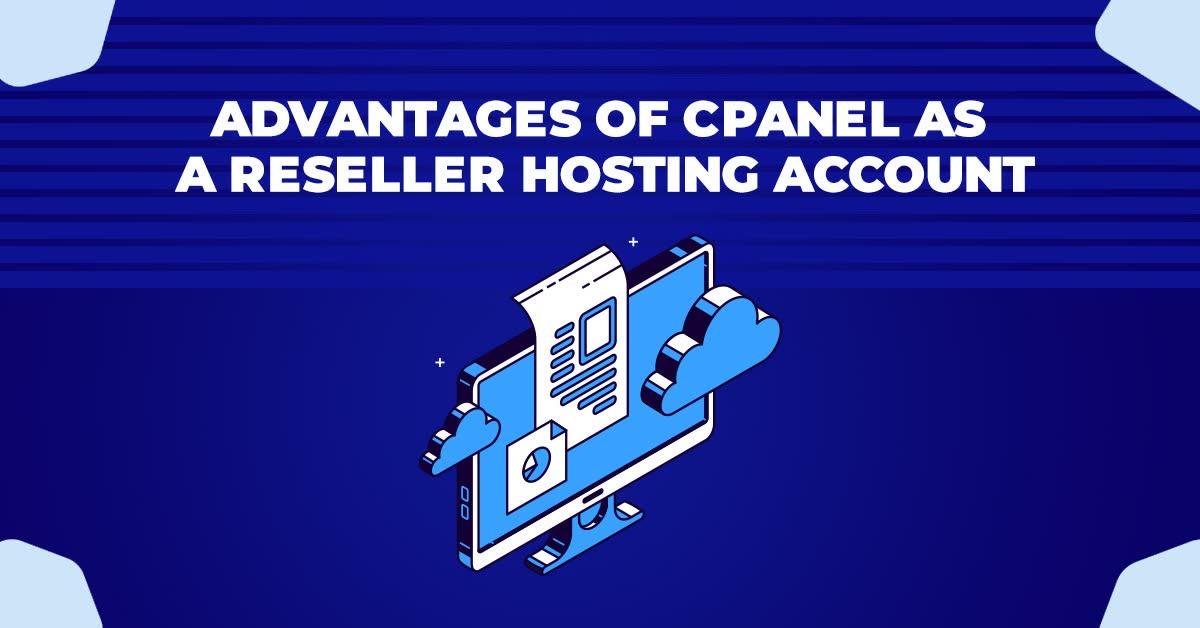An Introduction To KVM VPS & Its Benefits
With the development of new technologies traditional hosting services have been widely replaced by several new technologies such as cloud hosting and VPS hosting. This VPS, also known as Virtual Private Server has become prominent among several users. It allows users to get a private server installed on their computer that can help in running multiple Virtual Private Servers. Each Virtual Private Server can run its Operating system. Virtual Private Server offers several advantages such as high speed that can improve the performance and traffic on the website.
What is meant by KVM VPS?
KVM VPS, also known as Kernel-based Virtual Machine is a virtual hosting solution. It allows users to operate Linux and Windows virtual machines together alongside running on the same hardware. This virtual solution is commonly adopted by several hosting service providers. There are many websites that we usually use that run on Kernel-based Virtual Machine technology. Each KVM VPS has its independent Kernel from the host. This VPS can run on any operating system and operate completely on its own. Thus, KVM Virtual Private Server has become prominent today and has many benefits.
Benefits of Kernel-based Virtual Machine VPS Hosting
KVM Virtual Private Server hosting offers several advantages to the users. These advantages are the reason why it has several users today and why most of the hosting service providers are adopting this solution. Below are the advantages that we get from KVM VPS.
- Accessing directly: KVM interacts directly with the kernel without any interference. With this, it can offer better performance than other technologies that operate on the same hardware. Furthermore, this technology enables disk storage space, RAM space, and CPU cores to be adjusted according to the requirements.
- Open-source: It is open source means it is accessible to everyone. It provides all the solutions and we can customize everything according to our requirements. The best thing about it is that it supports all the latest technologies that can including Linux Kernel. So, we can easily use the latest technologies with it.
- Security: Security is the biggest concern for everyone who is using a Virtual Private Server. Linux KVM ranks at the top in terms of security. One reason is that it works directly with Kernel and offers several customizable security features. Moreover, Linux Kernel-based Virtual Machine provides a security layer that allows users to set Mandatory Access Control Rules on virtual machines. This offers strong security and limits all the activities to the user and the system. In this way, it provides high security.
- Migration: One of the greatest advantages of having Kernel-based Virtual Machine VPS is that it offers quick migration time. That means the machine or system can migrate regardless of being offline or online. Also, there is no risk of data loss. It can easily migrate to servers even with different CPU architecture. So we can say that the migration of Kernel-based Virtual Machine is effortless along with saving our data.
- Control and management: The KVM hypervisor offers the users complete control over the server and the hardware. It also allows virtual machines to run on any type of operating system. Also, the virtual machines are isolated and run any number of kernels at the same time. The functions of KVM VPS allow Virtual Private Server hosting services to get root access to the server and the ability to customize the settings of the server, improve the security settings, and install the applications. The control and management of the KVM Virtual Private Server are very customizable and user-friendly.
- Backup solution: The KVM Virtual Private Server hosting solution offers the users backup. This helps the users to retrieve and access their data without any hassle. The KVM Virtual Private Server service ensures that backup policies are set into motion so that the website can be made free of data theft risk.
- Scalability: Assuming that we have an online business and want to grow it or increase the traffic on our website, we might need the scalability of our resources. KVM VPS can aid in this a lot as it allows us to customize our resources according to the requirements. We can effortlessly scale up or down according to our business needs with ease.
OpenVZ and KVM VPS
Most of the companies looking for VPS services often compare these two technologies. It is necessary to understand the difference between the two for us to choose the one good for our online business. Before talking about the difference, let’s understand what OpenVZ is.
Open VZ is an Operating System-level virtualization technology created for Linux by a private company named Virtuozzo in 2000. It can help in creating multiple containers that are well secured. Each container in this acts as a significant server.
Open VZ has several differences from KVM Virtual Private Server. The first and the foremost difference is that OpenVZ only hosts Linux Operating Systems, unlike KVM. KVM is more flexible in this aspect as it can allow multiple operating systems at a time.
OpenVZ allows users to share many different resources like RAM. To do this, OpenVZ uses a shared kernel that remains open for all users. Therefore, users cannot customize it according to their requirements. If a company has used up its allocated RAM, the other users of the server can use it. However, it is good for only small applications. If a company is running on heavy applications, then this might create technical issues. On the other hand, KVM aids its users in such a situation. It allows users to use the resources that they require. So, we can say that KVM allows companies to perform at high capacities with the help of a hypervisor. In KVM, each individual receives complete RAM, CPU, and storage. In this aspect, we can conclude that KVM provides users with a better option compared to OpenVZ.
Now that we are aware of both KVM and OpenVZ, the question arises as to which one we should use? It’s not that KVM is a better hosting solution for most things. But, in most cases using OpenVZ can be beneficial too. If we are planning to use an application in Linux and expect to have hosting that can provide better performance with limited disk and memory then, OpenVZ can be a great choice. On the other hand, if we are searching for a hosting solution that can work on any operating system apart from Linux then, KVM can be a better choice. OpenVZ is the best we can go for if we need hosting that can provide good CPU performance. But, if we want to have the best overall performance including resource consumption and almost all the other things then KVM is the best we can go for. So both of the hostings can be beneficial but the one we choose depends on our requirements.
Disadvantages of KVM VPS
Despite having several advantages, KVM VPS has some disadvantages. These are small but can have a great impact on the user. Most of these disadvantages can affect the users who are new to KVM VPS. Furthermore, even if there are some disadvantages they can still benefit the user as KVM Virtual Private Server has several advantages and is a better option than many other VPS. Following are the two disadvantages of the KVM Virtual Private Server.
- Using KVM Virtual Private Server requires some networking knowledge. So, we can say that it might not be a good option for those completely new to it. So, it is better to understand the subject carefully before adopting it.
- Kernel-based Virtual Machine VPS is quite easy to access but it requires a lot of resources. Adopting KVM Virtual Private Server means the requirement of all of the resources. It can be quite expensive for the users although it can be beneficial too.
Final thoughts
The shift to online media is increasing the demand for perfect hosting solutions for a website. KVM VPS has been and even today is a very prominent hosting solution. It can help the users to a large extent. It has multiple advantages that can offer users better services than other hosting solutions. It offers more perks as it is perfectly secure and can help bring traffic to a website and has backup solutions, and many more. The KVM Virtual Private Server is even better than OpenVZ in terms of sharing and storage.
The Kernel-based Virtual Machine VPS also has some disadvantages, but we can see that the advantages outweigh the disadvantages. The best thing about KVM is that it is highly customizable and the users can easily customize it according to their requirements without any hassle. KVM Virtual Private Server is the best option to get proper hosting solutions today and can offer amazing benefits to its users.



































